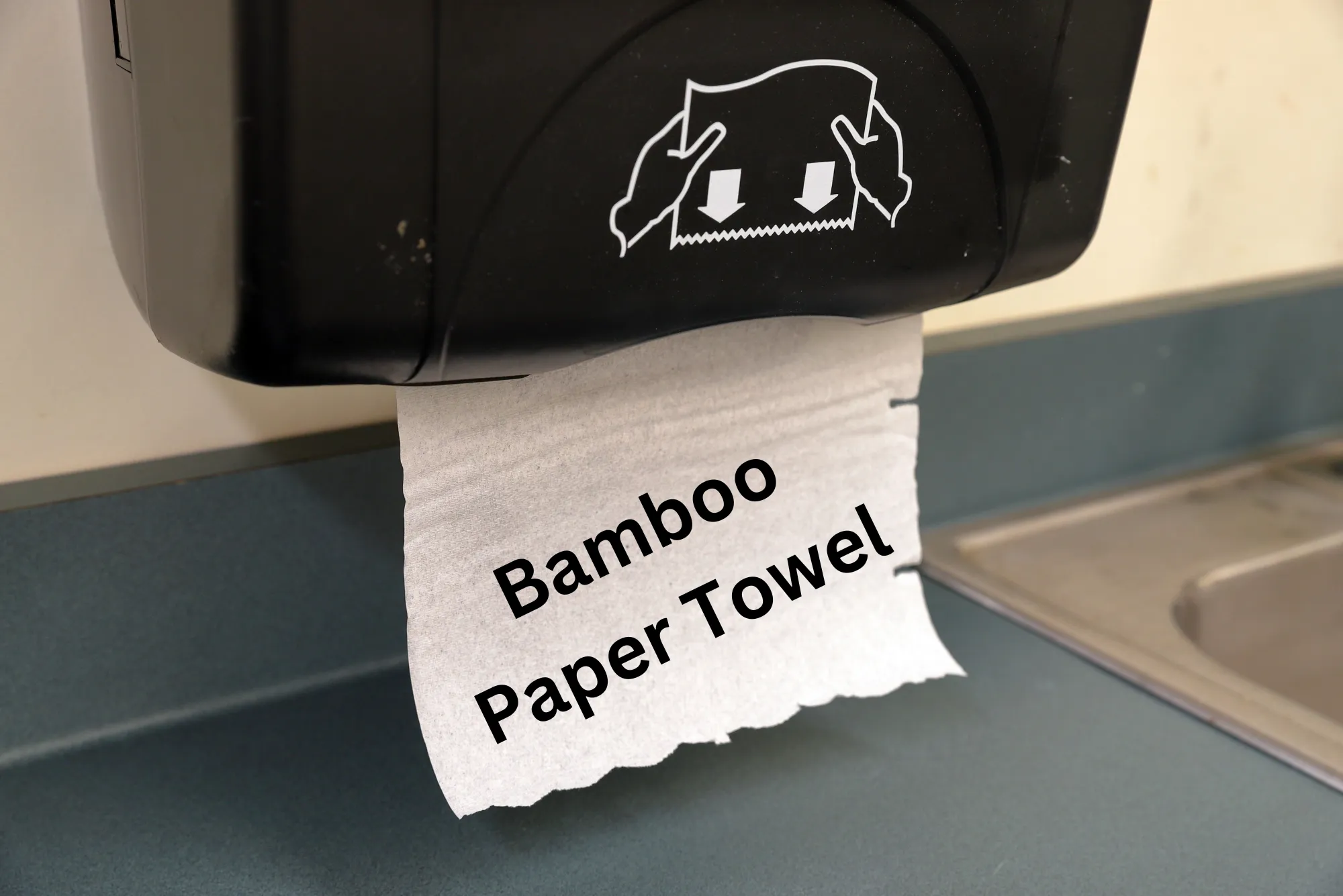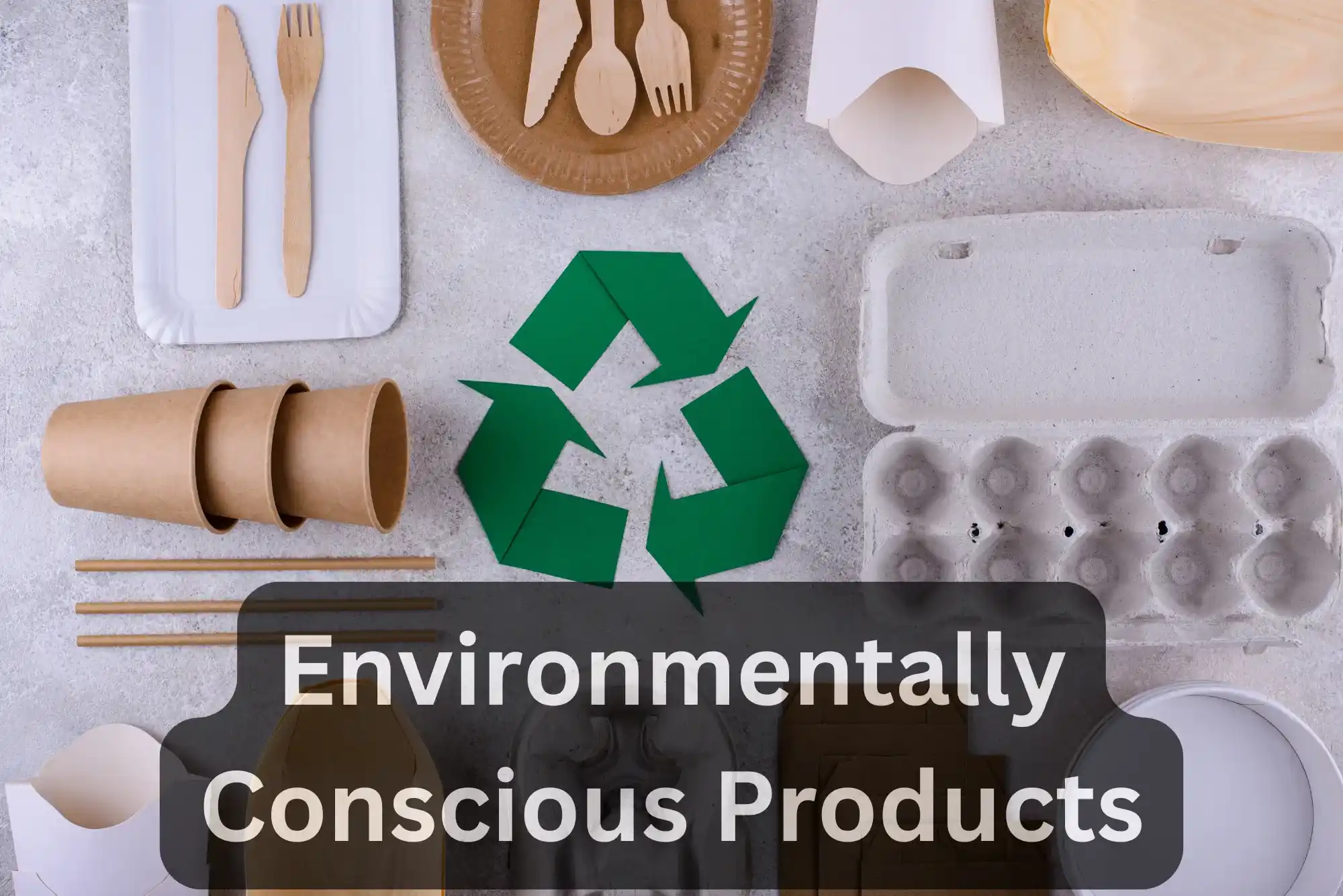In a world increasingly impacted by environmental challenges, making eco-conscious choices can have a significant positive impact on the planet and the resources we all share. By choosing eco-conscious products, you are making small daily decisions that help reduce waste, lower carbon emissions, and support sustainable practices.
From everyday household items like bamboo paper towel to selecting ethically produced clothing, every choice contributes to a more sustainable lifestyle.
This article offers guidance on how to select products that align with eco-friendly values, including key factors to consider, reliable certifications to look for, and the many benefits of incorporating these choices into your lifestyle.
What Does it Mean to Choose Eco-Conscious Products?
Eco-conscious products are designed and produced with environmental sustainability in mind. They aim to reduce the ecological footprint by using renewable materials, minimizing waste, and considering the entire lifecycle of a product from production to disposal.
When selecting eco-conscious products, focus on those that are biodegradable, energy-efficient, recyclable, or reusable, and those produced through sustainable methods.
Why Eco-Conscious Choices Matter
Choosing eco-conscious products matters for several reasons. As climate change and pollution levels rise, our everyday choices collectively impact the environment. By consciously selecting environmentally conscious products, we not only reduce our individual carbon footprint but also promote demand for sustainable options, which encourages companies to adopt environmentally friendly practices.
Steps to Choose Eco-Conscious Products
Analyze the Materials Used
An essential part of selecting eco-conscious products is examining the materials. Eco-friendly materials include organic cotton, bamboo, hemp, recycled metals, and plant-based plastics, which are often compostable and biodegradable.
- Bamboo Paper Towel: When selecting bamboo paper towel instead of conventional paper towel options, you’re choosing a product that comes from a highly renewable source. Bamboo grows quickly and doesn’t require pesticides, making it an environmentally friendly choice.
- Recycled and Biodegradable Materials: Look for recycled paper, biodegradable plastics, and plant-based materials in everyday products like packaging and disposable items.

Look for Certifications
Eco-conscious certifications offer valuable insight into whether a product meets certain environmental standards. Some of the widely recognized certifications to look for include:
- Fair Trade Certification: Ensures ethical practices in production, particularly for products sourced from developing regions.
- FSC (Forest Stewardship Council): For wood and paper products, this certification verifies that the materials were sustainably sourced.
- Organic Certification: Indicates that the materials, such as cotton or food products, were grown without harmful pesticides or genetically modified organisms (GMOs).
Certifications can be a reliable way to verify a product’s eco-friendly claims. However, it’s still important to read labels and research companies to understand their practices better.
Check Product Lifespan and Durability
Eco-conscious products are designed to have a longer lifespan, reducing the need for frequent replacements. Opting for quality and durability over disposable alternatives ensures that you are not contributing to unnecessary waste.
- Reusable Options: Products like glass or stainless-steel water bottles, cloth shopping bags, and reusable food wraps reduce single-use plastic waste.
- Energy-Efficient Appliances: Look for energy star-rated electronics or appliances. These products reduce energy consumption, which benefits both the environment and your utility bills.
Assess the Product’s Packaging
Sustainable packaging can make a significant difference in reducing overall waste. Packaging waste accounts for a large percentage of global waste, so consider products with minimal or biodegradable packaging. Companies committed to sustainability often use recycled materials for packaging or even eliminate it altogether. Opt for bulk buying to reduce waste or select brands that utilize compostable, biodegradable, or reusable packaging materials.
Evaluate the Brand’s Commitment to Sustainability
A company’s commitment to environmental responsibility goes beyond just the products they sell. Research companies to see if they follow sustainable manufacturing practices, minimize water and energy use, and have policies in place to reduce waste. Transparent brands often showcase their sustainability efforts openly on their website and through eco-friendly certifications.
Consider the Product’s End-of-Life Impact
Eco-conscious products are created with the entire lifecycle in mind, from production to disposal. When choosing a product, consider if it can be recycled or composted once it’s no longer usable. Products that are biodegradable, like certain bamboo paper towel brands, reduce landfill waste. Items made from 100% natural materials, such as organic cotton or hemp, can often be composted, further contributing to waste reduction.
Popular Eco-Conscious Product Categories

Personal Care Products
Many personal care items like soap, shampoo, and toothpaste can be eco-conscious choices. Look for options made with natural ingredients, free from harmful chemicals like parabens and sulfates, and packaged in recyclable or reusable materials.
- Bamboo Toothbrushes: Switching from plastic to bamboo toothbrushes can greatly reduce plastic waste.
- Refillable Containers: Opt for brands offering refillable options, which allow you to use a container repeatedly.
Household Essentials
Eco-conscious household essentials include products like reusable kitchen towels, compostable trash bags, and eco-friendly cleaning solutions. Household items often come in eco-friendly alternatives, which are equally effective and better for the environment.
- Eco-Friendly Cleaning Products: Many mainstream cleaners contain harsh chemicals that harm both your health and the environment. Consider eco-friendly cleaners with natural ingredients, or make your own with baking soda, vinegar, and essential oils.
- Reusable Paper Towels: Replacing disposable paper towels with bamboo paper towel products significantly reduces waste. Bamboo is naturally antibacterial, highly absorbent, and can be washed and reused multiple times.
Fashion and Apparel
Choosing eco-friendly fashion items can make a huge impact. The textile industry is one of the largest polluters, so look for brands prioritizing sustainable practices.
- Organic and Recycled Fabrics: Eco-conscious fashion brands are increasingly turning to organic cotton, hemp, recycled polyester, and other sustainable fabrics that use fewer resources to produce.
- Ethical Production: Fair labor practices and ethical production ensure that your purchase supports workers’ rights and eco-friendly practices.
Food and Groceries
Food choices also have an impact on the environment. Choosing organic, local, and sustainably farmed products can make a significant difference in reducing your ecological footprint.
- Organic Foods: Organic produce is grown without synthetic pesticides or fertilizers, which helps keep harmful chemicals out of the ecosystem.
- Locally Sourced Products: Buying local reduces transportation emissions and supports local farmers.
Kids’ and Pet Products
When shopping for children’s toys or pet products, opt for items made from non-toxic, natural, and biodegradable materials. For example, wooden toys with natural paints or organic cotton pet beds ensure safety and sustainability.
- Non-Toxic Toys: Choose toys made from materials like wood, rubber, or recycled plastic to keep harmful chemicals away from children and pets.
- Natural Pet Care Products: From grooming products to pet food, prioritize eco-friendly options that minimize the use of artificial ingredients and excessive packaging.
Benefits of Choosing Eco-Conscious Products
- Healthier Environment: Reducing the demand for single-use plastics, harmful chemicals, and non-biodegradable materials leads to a cleaner, safer environment.
- Better Personal Health: Many eco-conscious products avoid using toxic chemicals, which reduces the risk of skin irritations, allergies, and exposure to harmful substances.
- Economic Support for Sustainable Practices: By choosing environmentally conscious products, consumers support sustainable businesses, promoting growth in the green sector and encouraging more companies to adopt eco-friendly practices.
FAQs about Eco-Conscious Products
Q: How do I know if a product is truly eco-conscious?
A: Check for reliable certifications like Fair Trade, FSC, and organic labels. Research the brand’s sustainability practices and look for transparency in their commitment to environmental responsibility.
Q: Are eco-conscious products more expensive?
A: Some eco-conscious products may have a higher upfront cost due to ethical production methods, but they often last longer and reduce future expenses, making them cost-effective over time.
Q: Can eco-conscious choices really make a difference?
A: Yes. Choosing eco-conscious options supports sustainable practices, reduces waste, and encourages companies to adopt eco-friendly methods, all of which contribute to a healthier planet.
Choosing eco-conscious products doesn’t mean overhauling your entire lifestyle overnight. By making mindful, incremental changes in your buying habits, you can positively impact the environment and support sustainable practices.
From environmentally conscious products like bamboo paper towel to choosing durable, eco-friendly fashion items, these choices can help build a cleaner, greener future. As more consumers prioritize eco-friendly products, they drive demand for sustainable options, paving the way for more accessible, affordable, and effective green solutions.









